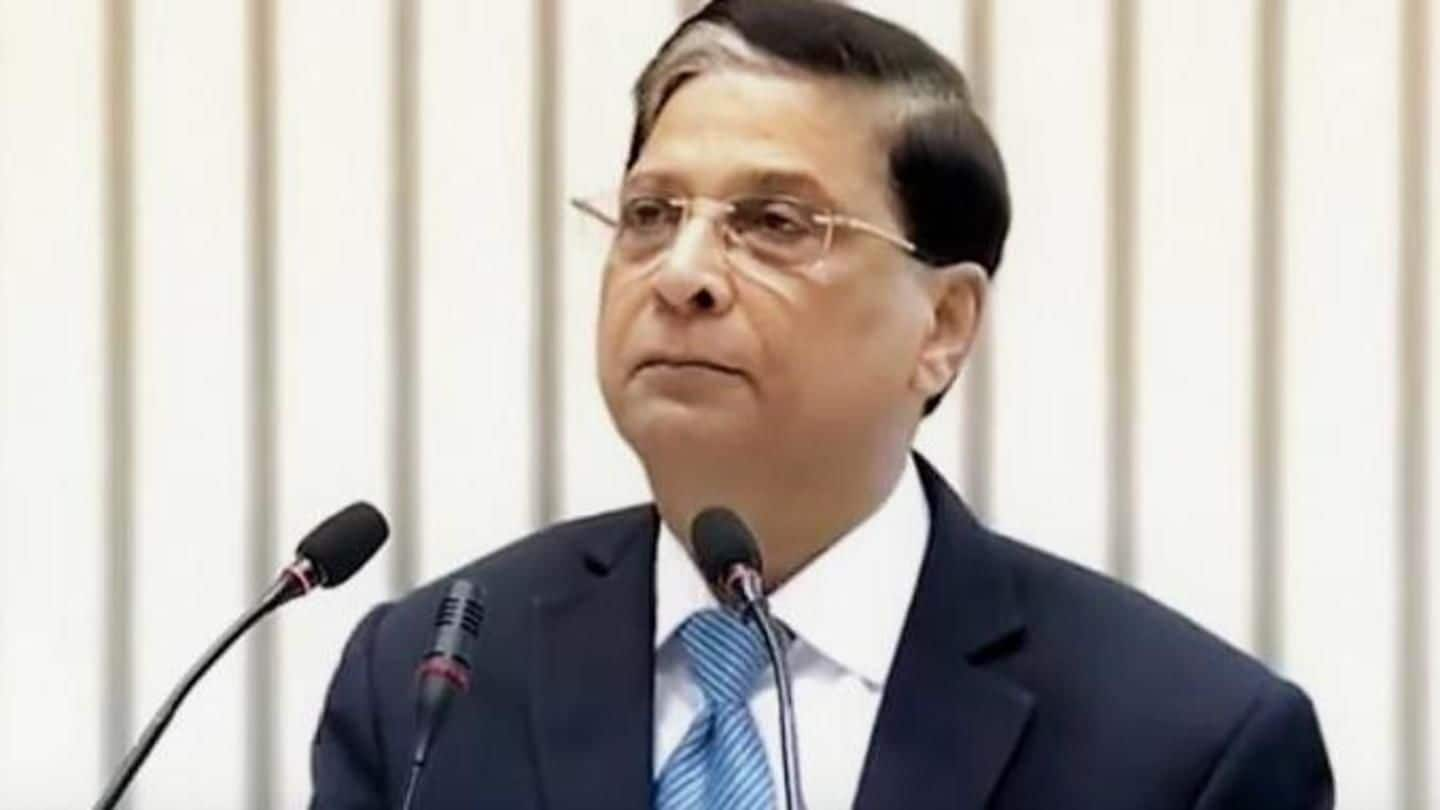
No impeachment for CJI, SC-judges form team to discuss issues
What's the story
The Supreme Court (SC) saw some charged minutes yesterday after the vice president's rejection of the impeachment motion against the chief justice (CJI). The daily five-minute meeting lasted for nearly 20 yesterday, during which CJI Dipak Misra and other judges decided to form a team to collate concerns of judges so as to resolve them. "I am doing my best," Misra reportedly assured everyone.
Motion
About the impeachment motion by the opposition
Vice President Venkaiah Naidu yesterday rejected an impeachment motion by the opposition against Misra. The five allegations listed against him were based on the historic January press conference where the top four judges of the SC accused Misra of abusing his powers. The Congress' motion was backed by several parties including CPI, CPI(M), NCP, RJD, Samajwadi Party, BSP and Muslim League.
Meeting
Rebel judge seeks full-court meeting, but Misra says informal-discussions enough
Minutes after its rejection, SC judges held their daily meeting, which delayed sitting of benches by 15 minutes. Justice Ranjan Gogoi, among the four rebel judges, requested a full-court meeting to discuss issues, but Misra said that could be done through informal discussions instead. Misra said he had talked to the government about appointment of judges too, adding it had promised expedited action.
Decision
Team to talk to judges, collect issues for discussion
Gogoi added the past should be left behind and judges should move ahead together. In a reversal from his usual outspoken attitude, Justice Jasti Chelameswar mostly kept to himself, sources said. Justices AK Sikri, UU Lalit, DY Chandrachud and SK Kaul will now form a team and collect grievances from other judges, which will be discussed at regular informal meetings.
Impeachment
Meanwhile, what's happening with Misra's impeachment?
Congress had earlier said that if their petition is rejected, it might move the SC. "The chairman's decision is open to being challenged. It is bound to go for a judicial review," a party leader said. More than aiming his actual removal, it was trying to build "moral pressure" on Misra hoping he would step aside from judicial duty if the motion was moved.